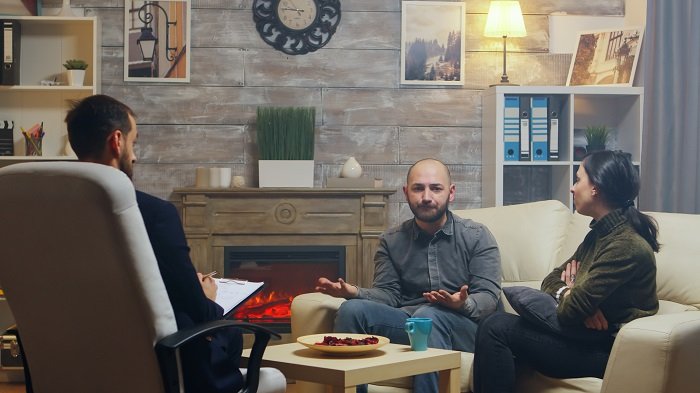How I Work with People
Have there been times when your life seemed to lack purpose or meaning?
Perhaps there have been times when your life lacked a sense of joy or satisfaction.
Many times in our lives we come to a point where we feel either stuck or at an impasse. We’ve tried various ways of coping over and over again hoping for new results, but often coming to the same impasse. Sometimes because of depressed feelings we feel trapped and unable to respond or think clearly about options.
At other times anxiety may interfere by immobilizing us with fear and apprehension about the future. Relationships can become stuck whether between husband and wife or parent and child. We end up feeling somewhat hopeless and frustrated. It is times like these that psychotherapy can be of great assistance.
Sometimes just the process of explaining our situation to a non-judgmental person can act as a clarifying influence resulting in a new perspective or direction. We often come to know ourselves better when we speak in a safe atmosphere to someone who has expressed an interest. In many instances we actually know what we should do, but we feel blocked and unable to move. There are times when even though we have tried something new we have had difficulty sustaining these new behaviors and within a few weeks we have lapsed back into old patterns. With the encouragement of a skilled, caring, supportive therapist we will be able to move forward and try new behaviors which before seemed impossible or extremely difficult.
These are all ways of talking about therapy. What is the most important as you consider entering a therapy experience is to locate a safe place and a person who will listen with respect for the wisdom and experience you bring to the process. I feel I have learned to do this type of listening in my role as a therapist over the past 30 years.

How Is Therapy Different From Talking With A Good Friend?
A therapy relationship occurs between a person who wants to work on a problem and a person who is specially trained to help with that process. In therapy new options can be considered and tried out without the fear of either failure or disapproval.
Who Comes To Therapy?
The decision to see a therapist is a very personal one, most often made at a time of great stress or emotional pain. Some of the issues that may cause a person to want to seek therapy are:
Problems of Daily Living:
- Working through relationship troubles
- Dealing with gender/sexual issues
- Resolving parent child conflict
- Balancing challenges of step-parenting
- Addressing school difficulties
- Managing stress on the job
- Dealing with financial stress
Emotional Issues:
- Dealing with grief and major losses
- Dealing with and overcoming depression or mood swings
- Coping with anxiety and chronic worry
- Learning to manage and minimize panic attacks
- Managing emotional issues related to medical problems
Self Improvement or self esteem issues:
- Exploring ways to find meaning and purpose in life
- Developing short and long term goals
- Strengthening spiritual and religious feeling
- Dealing with addictions
- Aging with joy and compassion
How Long Does Therapy Take?
Therapy can last from several sessions to several years. Much of the change that takes place occurs in the first few sessions. Later sessions will sustain the focus and reinforce changes made. The longer the therapy the more likely changes will be permanent.
Most people start by coming once a week. During periods of crisis more than once a week is helpful. Sessions can be spaced 2 to 3 weeks apart to give greater opportunity to practice skills learned. Many people return as needed as situations occur where support and clarification are helpful.
